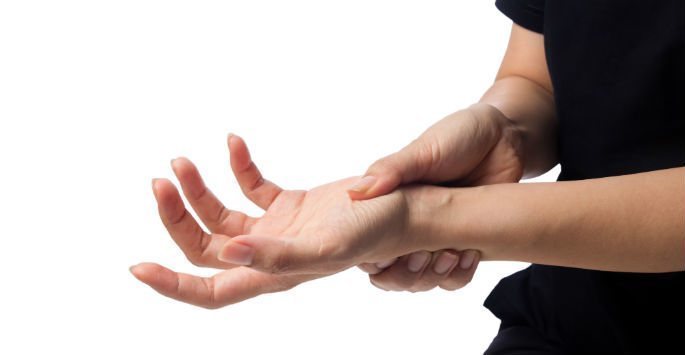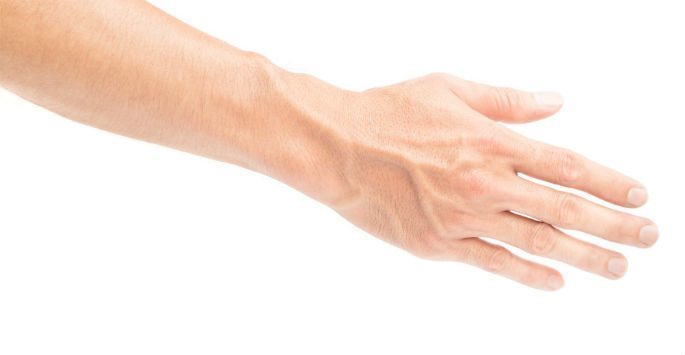If you have ever had pain and swelling in your wrist after an event such as a fall, which may have caused you to bend the wrist farther than it was designed to bend, you may have a sprained wrist. These injuries occur because of damage to a ligament, the connective tissue in the body that connects muscle and bone.
What Causes a Sprained Wrist
When you fall, the natural tendency is to reach out with the hand in order to break the fall. As a result, the impact of the hand hitting the ground and the momentum created by your body travelling toward the ground at a rapid speed causes the wrist to bend further than it is capable of bending naturally. When this happens, something has to give. Since the tendons are there to connect the tissue together, they are what get stretched to the point of injury. The injury could be that of a tear or it could be something less traumatic. At any rate, an injury occurs that is accompanied by pain, swelling and difficulty in using the wrist.
Diagnosis & Treatment of a Sprain
If you have a fall that results in an injury to your wrist, you should seek medical care. You will, first of all, want to make sure there are no broken bones. The only way to rule this out is to get an X-ray. If there are no broken bones, you will still need to be treated for the sprained wrist.
The method that is used to treat a sprained wrist will depend on the extent of the injury. It may be that wearing a splint for a few days will be all that is needed. In extreme cases, surgery may be required. If there is a ligament tear, it will need to be reconnected.
If you have a sprained wrist, you should understand that there are a number of bones, ligaments and cartilage that must connect and interact correctly for the wrist to function as it should. For this reason, letting an injury go without having it evaluated by a qualified hand doctor like Dr. Arora can lead to long-term discomfort and failure to regain full use of the wrist. Therefore, you should always seek treatment in these situations.
In addition to falls, other conditions can result in wrist injuries as well. For example, operating a piece of equipment that is held by the hand can result in an injury if that equipment makes a sudden move and takes your wrist with it. In these cases, the injury incurred could be similar to those incurred with a fall.
There are other wrist conditions that can happen over time, such as carpal tunnel syndrome. These cumulative trauma disorders can reach the point where they cause a lot of discomfort.
If you have a sprained wrist or a similar type of condition, schedule an appointment with our doctor at Arora Hand Surgery. We have offices in West Bloomfield, Howell, Warren, and Macomb. Call us today to request a consultation to learn more about your treatment options.
















